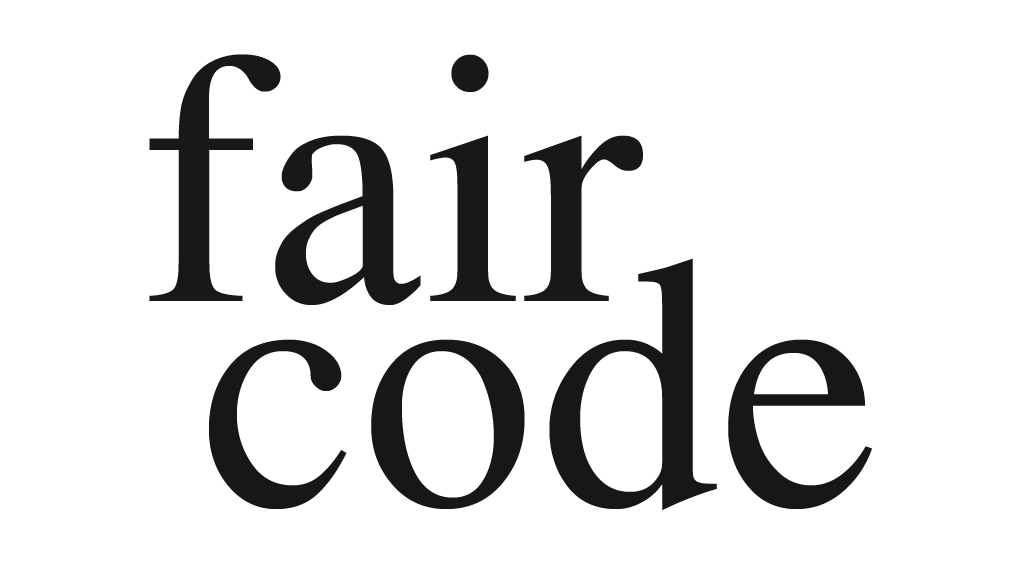Fair-code is not a software license. It describes a software model where software:
- is generally free to use and can be distributed by anybody
- has its source code openly available
- can be extended by anybody in public and private communities
- is commercially restricted by its authors
We already have a perfectly good term for this sort of licensing model:
I love that website. Now I have an easy way to find all the licenses and projects and companies I need to stay away from.
So a single entity is allowed to commercialize external contributions without any kind of reciprocity. Somehow it sounds worse to me than Shared Source.
If you are worried about leeches just use AGPL and call it a day.
Damn this community is getting really toxic. Instead of addressing the huge elephant in the room (people getting jack shit for building great things and their labor being stolen by profit seeking entities), lets jump on the people who are trying to do something about it.
I think the idea of maintainers getting a kickback from downstream profits is a great thing and hugely better than normal foss.
P.S.: a system where you can just relicense the work of contributors with a CLA and profit off of them is not an inch better than this.
Damn this community is getting really toxic.
You’re upset that a community called “open source” is pushing back against an attempt to co-opt the open source label? In my view this attempt is highly insidious and far worse than one corporate actor “stealing” (i.e. using) an open source project. These projects were all true free software before pulling the rug on the community and switching to a fauxpen source license, which makes it even worse - if these were proprietary from the beginning no one would have cared, but also fewer people would have contributed, because it doesn’t feel as good doing volunteer work for a proprietary product.
I agree there needs to be a mechanism in place for free software developers to be financially compensated but if you’re changing the license so that it’s no longer free software then it’s just proprietary software under some faux “open” label, at which point you might just drop the pretense of being “open” at all - just admit you’re a proprietary software company that puts your financial interest ahead of the community’s.



